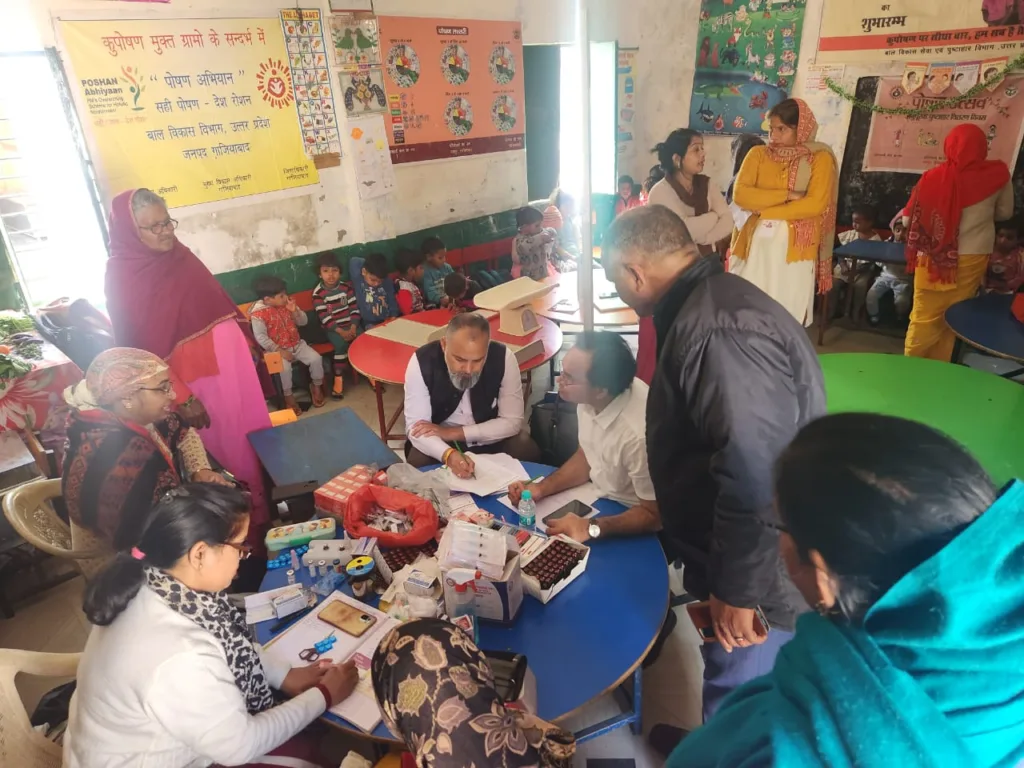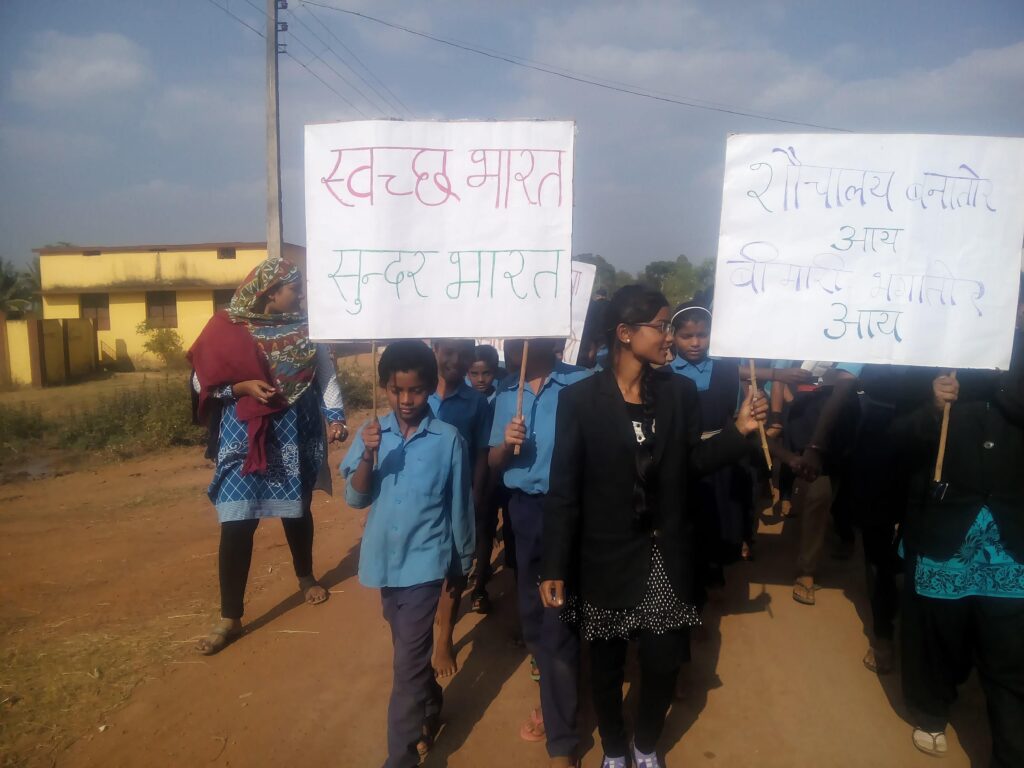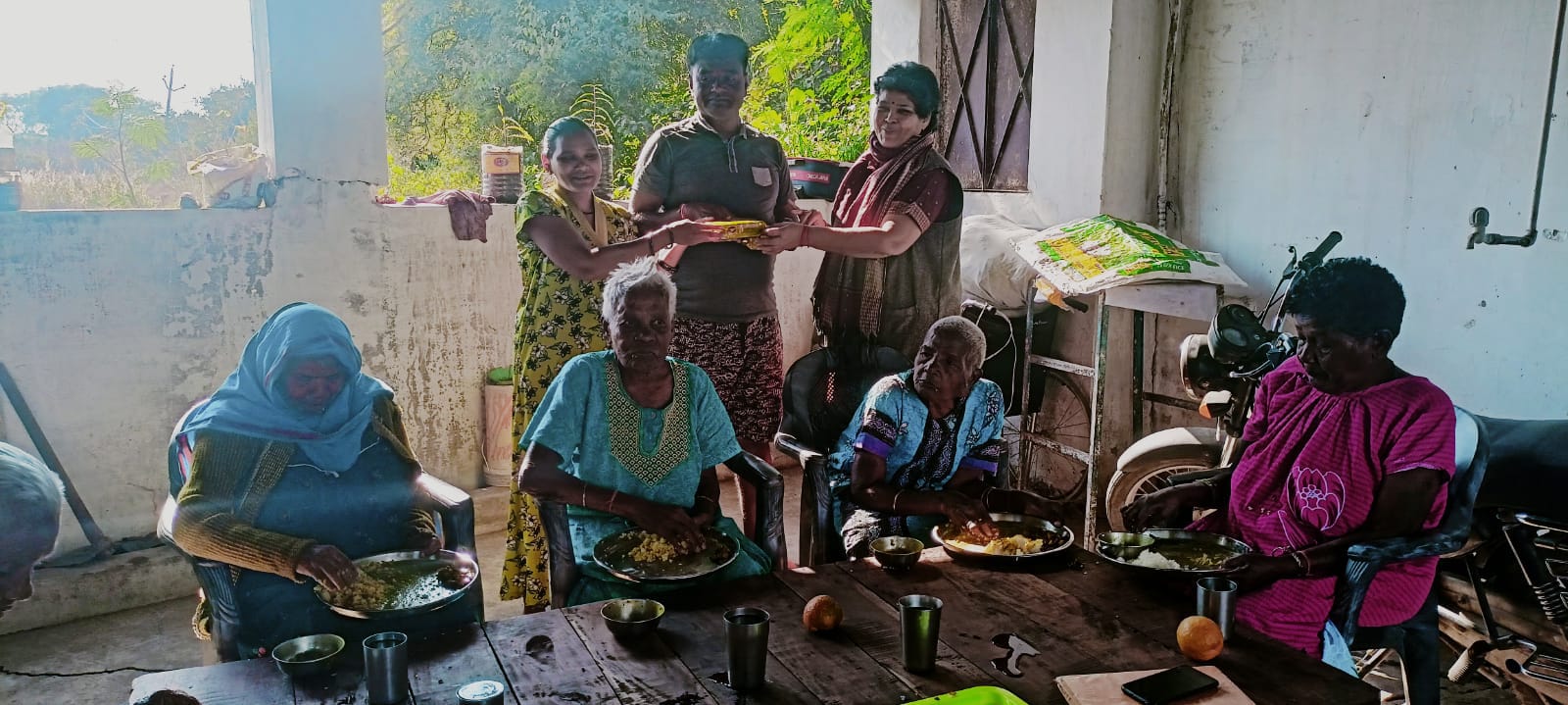What is social work ?
Social work is a profession and academic discipline that focuses on improving the well-being and quality of life of individuals, families, groups, and communities. Social workers are trained professionals who work in various settings, such as schools, hospitals, social service agencies, and nonprofit organizations. Their primary goal is to address social issues and challenges by providing support, advocacy, and interventions to those in need.
Table of Contents
Methods of Social Work
Social work methods encompass a diverse range of professional strategies and techniques employed by social workers to address individuals’ and communities’ social, emotional, and practical needs.
These methods often involve assessment, counseling, case management, and advocacy to promote positive change and empower clients to overcome challenges such as poverty, abuse, mental health issues, or discrimination.
Social workers utilize person-centered approaches, engaging with clients in a compassionate and empathetic manner to understand their unique circumstances and collaboratively develop effective intervention plans.
Moreover, social work methods emphasize the importance of cultural competence, ethical considerations, and a strengths-based perspective, fostering resilience and enhancing the overall well-being of individuals and society as a whole.
The social work profession aims to improve and empower the underprivileged and marginalised groups in society. Various social work practice strategies have developed over time in order to attain holistic results. Let’s first understand the idea of professional social work before getting into the procedures.
According to the IFSW’s adoption of the global definition of social work,
“Social work is a practice-based profession and an academic discipline that promotes social change and development, social cohesion, and the empowerment and liberation of people. Principles of social justice, human rights, collective responsibility and respect for diversities are central to social work. Underpinned by theories of social work, social sciences, humanities and indigenous knowledge, social work engages people and structures to address life challenges and enhance wellbeing. The above definition may be amplified at national and/or regional levels.”
IFSW

Typically, a method denotes a methodical approach to doing anything. The term “method” in social work refers to a planned and organised approach to providing assistance to individuals. Through the deliberate use of knowledge in social work methodologies, tools, strategies, and skills, social work’s primary goal is to address the psycho-social issues that affect individuals, groups, and communities. In order to effectively assist people in solving their own problems, the social worker must be prepared with all the necessary social work techniques.
Social work practise encompasses a variety of direct social work interventions with individuals, families, small groups, communities, policies, establishments, and other human care agencies.
Different practise methods were established for social work in order to set it apart from other helping professions. The administration of social welfare, community organising, social casework, social group work, and research are some of these techniques. The first social work practise Mary Richmond invented was social casework.
The methods of social work are as follows;
Primary methods of social work (direct method)
1) Social casework in social work
2) Social group work in social work
3) Community organization in social work
Secondary methods of social work (Auxiliary methods)
4) Social work research in social work
5) Social welfare administration in social work
6) Social Action in social work
These six social work methods are systematic and planned ways of helping people.
Social casework method in social work addresses individual issues that exist either independently or as a part of the larger context. An individual is a part of the issue because, for reasons beyond of his control, he is powerless to solve it on his own. At times, his worry prevents him from tackling the problem. In any case, his social interaction is dysfunctional. In order to modify the client’s view and attitudes, the caseworker gathers information about the client’s entire environment, determines the causes, develops a treatment plan, and works in close collaboration with the client.
Social group work methods is a social work service in which a qualified professional works with clients in a group setting to help them develop better interpersonal and social skills. Individuals play a crucial role in group work, and adaptable programmes that prioritise the individual’s personality development in group connections and group functioning assist individuals enhance their social relationships. The group serves as the channel via which and within which individuals are assisted in making the necessary alterations.
Another approach to social work is community organising. A community is a collection of groups, and as a result, it refers to systems of relationships that are well-organized, albeit, no community is entirely well-organized. Community organisation is the process through which an organised effort is made to strengthen ties within a community. Community organisation involves identifying issues, locating resources for resolving issues in the community, fostering social ties, and creating the appropriate programmes to achieve the goals of the community. In this way, the neighbourhood can grow independent and foster a cooperative spirit among its residents.
Social Welfare Administration: Private and public social work services are structured and managed through a procedure called social welfare administration. Some of the duties of a social worker in administration include developing programmes, mobilising resources, involving personnel selection and recruitment, proper organisation, coordination, providing skillful and compassionate leadership, guiding and supervising the staff, handling financing and budgeting of the programmes, and evaluation.
Social work research method is a methodical examination for learning new information, testing previous ideas, confirming accepted theories, and figuring out the causes of the issues that concern the social worker. Any type of social work programme must first be established scientifically, which requires a thorough analysis of the problem through surveys and social work research.
Social action strives to bring about desired changes to ensure social growth. Some of the activities of the social workers employing the approach of social action include raising awareness of social problems, organising resources, encouraging various “sections of people to speak out against unpleasant practises, and also exerting pressure to bring about the laws. Through various individual, group, and self-help programmes, it aims to strike a proper balance between community needs and solutions.

Key differences between Primary and Secondary methods of social work
Mentioned below table comprehensively gives the key differences between primary and secondary methods of social work:
| Aspect | Primary Methods | Secondary Methods |
|---|---|---|
| Focus | Individual and direct services | Broader systems and policies |
| Target Population | Individuals, families, or small groups | Communities and larger populations |
| Intervention Approach | Micro-level interventions | Macro-level interventions |
| Scope of Impact | Local or immediate impact | Long-term and systemic impact |
| Purpose | Address immediate needs and crisis intervention | Address root causes, social change, and prevention |
| Techniques | Counseling, case management, crisis intervention | Research, policy analysis, community development |
| Time Involvement | Short-term engagement | Long-term involvement |
| Duration of Involvement | Weeks to months | Months to years |
| Evaluation Criteria | Individual well-being and functioning | Social change, equity, and sustainability |
| Advocacy Emphasis | Client-focused advocacy | Structural and policy advocacy |
| Primary Goal | Enhance personal and interpersonal functioning | Promote social justice and equal opportunities |
| Primary Settings | Schools, hospitals, social service agencies | Nonprofits, government agencies, research institutions |
| Skill Set Required | Empathy, communication, counseling | Analytical, research skills, policy analysis |
| Examples of Activities | One-on-one counseling, referrals, crisis intervention | Research studies, policy advocacy campaigns |
| Funding Sources | Government grants, private donations | Government grants, foundations, research institutions |
| Key Ethical Consideration | Client confidentiality and boundaries | Social justice, cultural sensitivity, impartiality |
| Advocacy Scope | Individual cases and rights protection | Social reforms, legislation, community empowerment |
| Outcome Measurement | Individual well-being measures | Societal indicators, policy changes, community impact |
| Collaborations | Local service providers and professionals | Government agencies, NGOs, community organizations |
| Nature of Decision-Making | Case-specific and client-centered | Data-driven and policy-oriented |
FAQs on methods of social work
Q: What are the 6 methods of social work? A: 6 methods of social work are: Primary methods (direct helping method) 1) Social casework, 2) Social group work, 3) Community organization and Secondary methods (Auxiliary methods) 4) Social work research, 5) Social welfare administration, 6) Social Action
Q: How many types of methods are there in social work? : There are 6 methods of social work.
Q: What are 3 primary methods of social work? A: 3 Primary methods (direct helping method) of social work are 1) Social casework, 2) Social group work, and 3) Community organization.
Q: What are 3 secondary methods of social work? A: 3 Secondary methods (Auxiliary methods) are 1) Social work research, 2) Social welfare administration, and 3) Social Action.
Q: What is social work? A: Profession helping individuals and communities cope with challenges and improve well-being.
Q: What does a social worker do? A: Assess, counsel, advocate, and connect people to resources.
Q: How do social workers assess clients? A: Interviews, observations, and assessments.
Q: What is counseling in social work? A: Providing emotional support and guidance to clients.
Q: How do social workers advocate for clients? A: Representing client interests and rights, lobbying for social change.
Q: How do social workers connect clients to resources? A: Referrals to community services and support networks.
Q: What is group work in social work? A: Conducting interventions and support for groups facing common challenges.
Q: What is community organizing in social work? A: Empowering communities to address issues collectively.
Q: How do social workers engage in research? A: Studying social issues and evaluating interventions.
Q: What is crisis intervention in social work? A: Providing immediate support during emergencies.
Q: How do social workers promote social justice? A: Addressing systemic inequalities and advocating for fairness.
Q: What is case management in social work? A: Coordinating services and resources for clients.
Q: How do social workers address child protection? A: Identifying and intervening in cases of child abuse or neglect.
Q: What is family therapy in social work? A: Counseling and support for families facing challenges.
Q: How do social workers assist the elderly? A: Providing geriatric care and support services.
Q: What is school social work? A: Supporting students’ academic and emotional needs in schools.
Q: How do social workers address substance abuse? A: Providing treatment and prevention programs for individuals and communities.
Q: What is mental health social work? A: Supporting individuals with mental health challenges.
Q: How do social workers work with refugees? A: Assisting refugees with resettlement and integration.
Q: What is medical social work? A: Providing support to patients and families in healthcare settings.
Q: How do social workers address homelessness? A: Offering housing assistance and support services.
Q: What is restorative justice in social work? A: Focusing on repairing harm and building relationships.
Q: How do social workers engage in policy development? A: Advocating for new or improved social policies.
Q: What is self-care for social workers? A: Practicing activities to maintain personal well-being.
Q: How do social workers maintain professional ethics? A: Adhering to a code of conduct and confidentiality.
Q: What is cultural competence in social work? A: Understanding and respecting diverse cultures and backgrounds.
Q: How do social workers collaborate with other professionals? A: Working with a multidisciplinary team for holistic support.
Q: What is trauma-informed care in social work? A: Recognizing and addressing the impact of trauma on clients.
Q: How do social workers address domestic violence? A: Providing support and safety planning for victims.
Q: What is community development in social work? A: Empowering communities to create positive change.
Q: How do social workers assist individuals with disabilities? A: Offering support services and advocacy for inclusion.
Q: What is the role of a social worker in schools? A: Supporting students’ social, emotional, and academic development.
